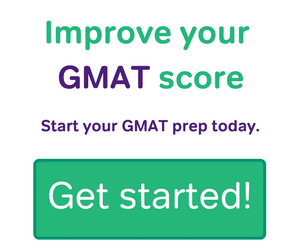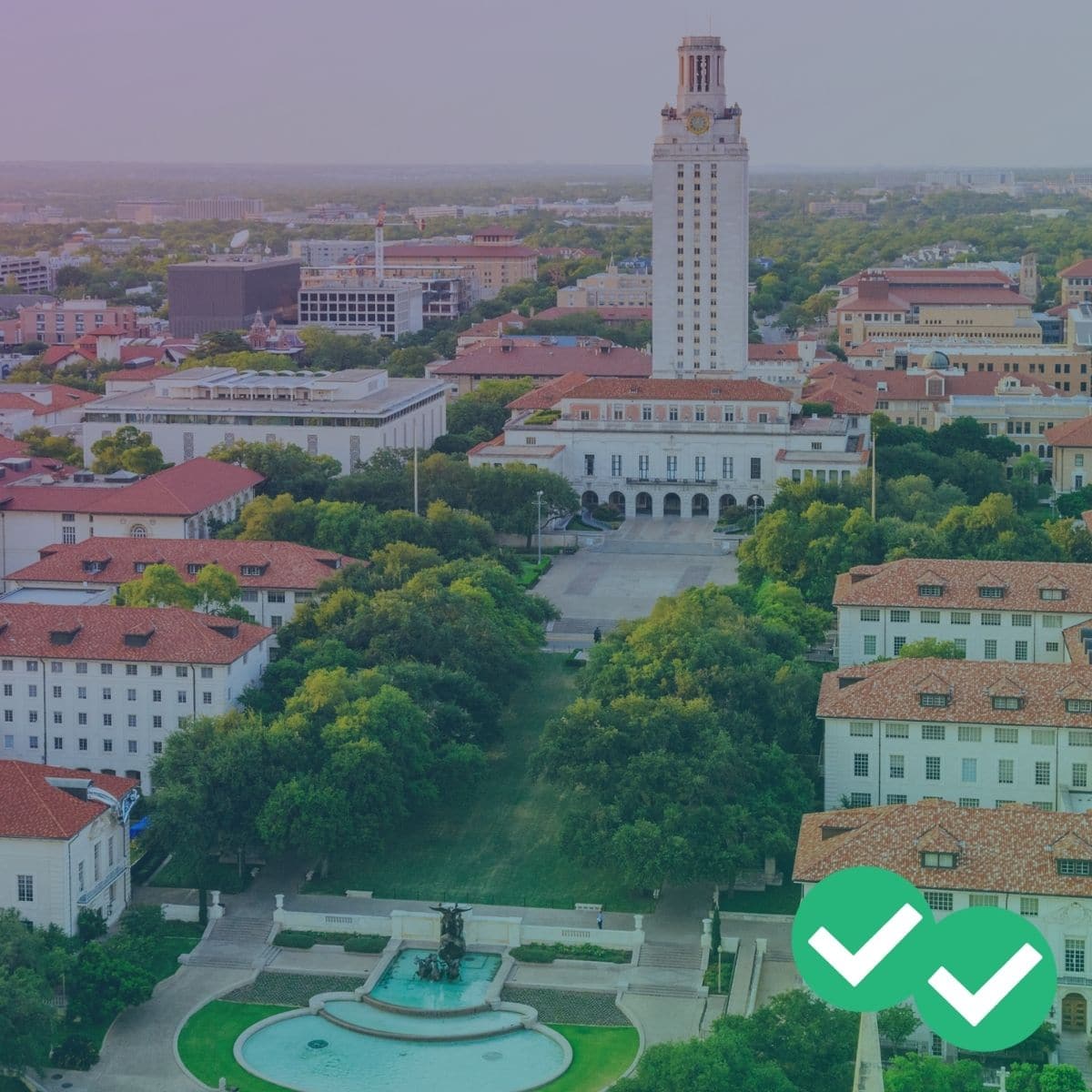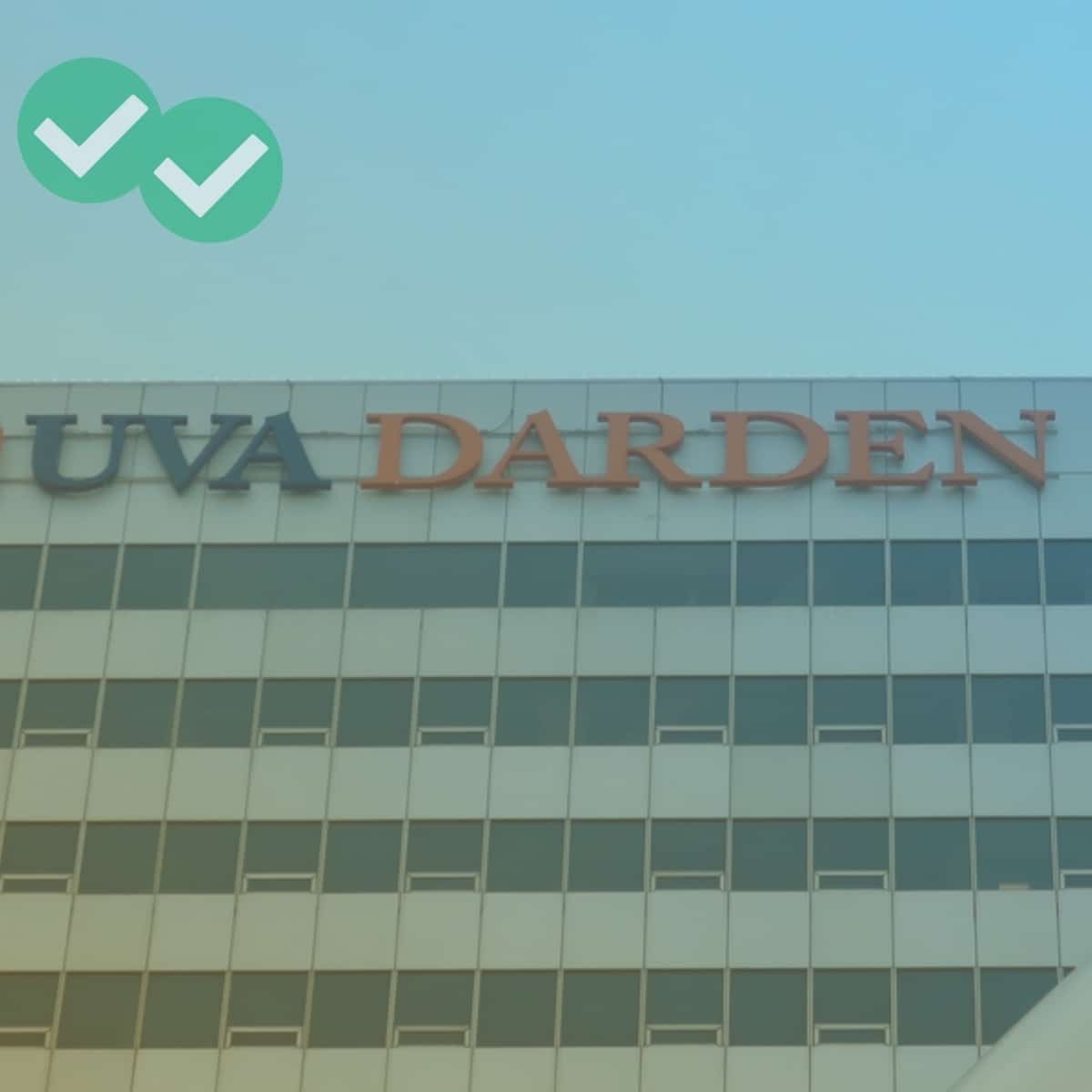A post from Stacy Blackman Consulting about how to pick the best school for you. Enjoy! 🙂
You wouldn’t buy a house you hadn’t seen in person first, would you? With the average total cost of an MBA education at the most elite business schools creeping upwards of $300,000, it makes good sense to visit the campus to get to know a program beyond its ranking.
During a visit, you’ll observe the general routine of students, get a feel for in-class dynamics, and be better able to imagine yourself as a part of the community where you will spend the next two years.
As former applicant blogger Mango, now in her first year at Northwestern University’s Kellogg School of Management, puts it, “School visits are a lot like online dating—you may have built up in your mind this amazing idea of what a school is like, but you can’t really make a decision of whether it is right for you until you go and visit and have that interaction.”
Some admissions departments, such as those at Harvard Business School and Stanford University Graduate School of Business, are quick to point out that a campus visit is not a requirement and has no bearing on admissions decisions.
Other schools, such as the relatively remote Tuck School of Business at Dartmouth College, do take note of who has made the effort to visit in person because diligence is a strong signal that a candidate is serious about that particular school.
Spring is an ideal time to schedule your school visits. It makes little sense to check out the campus during summer, when classes aren’t in session, because one key characteristic you want to observe is the interaction between students and faculty. While on campus, make sure you check out the whole university because its entire resources may someday be available to you.
Through the MBA admissions office, you can schedule a visit that typically includes an information session, the option of attending a class, and a chance to chat with a current student over coffee or a meal. During the class visit, take note of the dynamic between the students and professor before and after class, as this can be an indicator of how close-knit and collaborative the community is.
In some cases, the admissions office may be able to put you in contact with a student with similar career goals, which provides an ideal way to learn more specifics about the program as it relates to your professional needs.
Talking to current students is the best way to learn about the program. And don’t just talk to a couple of people—this is too big a decision to make without first experiencing a variety of conversations and points of view while on campus. Politely explain to students that you’re trying to get a feel for the community and would like to know more about why they chose this particular school—and chances are excellent they will be happy to share their insights with you.
The MBA-focused website Poets & Quants has a great list of essential questions to ask when you visit a b-school, such as: “What is one thing you would change about the school?” “How often do you interact with professors outside of the classroom?” “Have you developed relationships with alumni during your time here?”
Married b-school hopefuls, especially those with young children, should also attempt to find out how family-friendly the MBA program is to get a better idea of what life in their situation would be like.
A huge part of the b-school experience is the social aspect, which helps forge the strong network you’ll rely on after graduation. While visiting the school, find out where students go to relax and unwind—typically the local watering holes, as MBAs do enjoy their potent libations!
If you can stay for a few days, try to immerse yourself in the social scene and connect with students who are interested in the same activities you hope to become involved in. Often you’ll learn more about your fit with a particular school over these types of encounters than during an official admissions tour.
Ultimately, the decision of whether to plan your visit before applying, once you’ve been invited to interview, or after you’ve received an offer of admission is a personal one. Each has its merits, and barring the prohibitive expense of multiple visits, would be worthwhile.
Whichever option you choose, figuring out for yourself how a particular program suits your needs is a crucial step in the b-school application process.






Leave a Reply